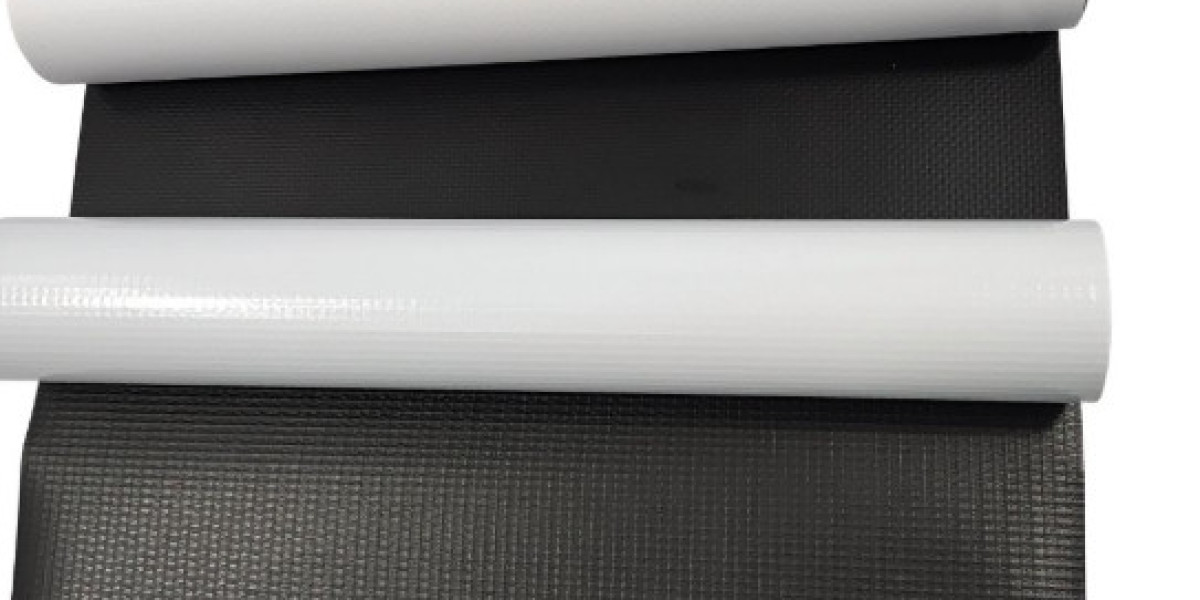? What Is an Essay?
An paper writer https://forum.nocramming.com/threads/paperwriter-review.21/ is a structured form of writing designed to present ideas, arguments, reflections, or explanations. It’s not just a classroom assignment—it’s an intellectual exercise in clarity and persuasion. Essays challenge writers to express themselves precisely and explore a topic from a nuanced point of view.
The word essay comes from the French essayer, meaning "to try"—and that’s what essays do: they attempt to tackle questions, articulate opinions, and investigate issues. Whether in academia, journalism, or creative writing, essays enable thoughtful engagement with the world.
Essays typically include:
- A compelling introduction with a clear thesis
- Body paragraphs with supporting details
- A conclusion that wraps up the central argument
? Major Types of Essays
Essays can serve many purposes depending on their type. Understanding these categories helps tailor your tone, style, and structure:
1. Narrative Essay
These essays tell a story. They focus on a personal experience or a fictional event with rich details and emotional resonance.
Example topic: "The Day I Discovered My Passion for Teaching"
2. Descriptive Essay
This style creates vivid imagery using sensory details. It's perfect for portraying places, objects, or experiences.
Example topic: "A Rainy Evening in Istanbul"
3. Expository Essay
Focused on explanation, this type breaks down facts or processes logically and clearly.
Example topic: "How Cryptocurrencies Work"
4. Persuasive Essay
These essays aim to convince readers of a specific viewpoint. They combine logic with emotional appeal.
Example topic: "Why Voting Should Be Mandatory"
5. Analytical Essay
An analytical essay interprets and examines aspects of a text, artwork, or issue.
Example topic: "The Role of Isolation in 'Frankenstein' by Mary Shelley"
By choosing the right essay type, you can craft messages that resonate deeply with your intended audience.
? Key Components of an Effective Essay
Every great essay is built on three core parts:
? Introduction
This sets the stage. A good introduction:
- Hooks the reader (with a quote, statistic, or provocative idea)
- Provides background information
- States a thesis—a clear, concise statement of the essay’s main point
Example thesis: “Social media may increase connectivity, but it’s contributing to emotional isolation among teenagers.”
? Body Paragraphs
Here’s where the main ideas are developed. Each paragraph should:
- Begin with a topic sentence
- Provide evidence (quotes, data, examples)
- Connect logically to the next paragraph
Use transition words like:
- Furthermore
- On the other hand
- As a result
? Conclusion
The conclusion restates the thesis and summarizes the key points. Don’t introduce new ideas—focus on wrapping up the narrative and leaving a lasting impression.
Powerful closing line:
“In embracing digital life, we must not neglect the richness of real-world connections.”
? How to Write a Strong Thesis Statement
Your thesis statement guides the essay’s direction. It tells readers what to expect and what you’re arguing. To write one effectively:
Make it specific:
“Pollution is bad” becomes “Industrial waste in rivers is the leading cause of ecosystem collapse in urban areas.”
Make it arguable:
A strong thesis sparks debate. Instead of stating facts, express a position.
Example:
“Online learning is transforming education, but it risks widening the digital divide for disadvantaged students.”
Positioning your thesis early helps frame your entire argument and keep your writing focused.
⚠️ Common Essay Mistakes to Avoid
Writing essays is a skill—but even skilled writers stumble. Here are frequent mistakes and how to fix them:
❌ Mistake | ✅ Solution |
|---|---|
Vague thesis | Use specific, focused language |
Lack of structure | Outline first, then expand |
Weak transitions | Use connectors to link ideas clearly |
Unsupported claims | Always provide evidence |
Wordy language | Be concise and impactful |
Skipping revisions | Always proofread for clarity and grammar |
Bonus tip: Reading your essay aloud often reveals awkward phrasing that silent reading misses.
Essays are more than assignments—they're acts of critical thinking, exploration, and storytelling. Mastering the craft takes time, but the payoff is profound: better communication, deeper insight, and a sharper voice.
Want help brainstorming your next essay idea or polishing a draft? I’d be glad to help shape your vision into words.








